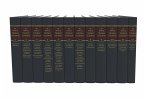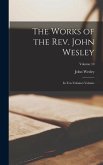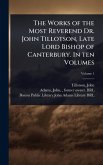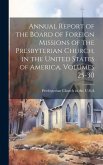John Cotton shaped the doctrine, worship, and discipline of a fledgling society striving to live fully under God's Word. With clarity, conviction, and pastoral warmth, he addressed both the great ecclesiastical questions and the intimate personal wrestlings of his time. The Works of John Cotton gathers his most important treatises and sermons in a newly edited, cloth-bound set. It recovers a vital link in the chain of Reformed thought and reintroduces a voice that helped shape the American church before it had a name.
Bitte wählen Sie Ihr Anliegen aus.
Rechnungen
Retourenschein anfordern
Bestellstatus
Storno








